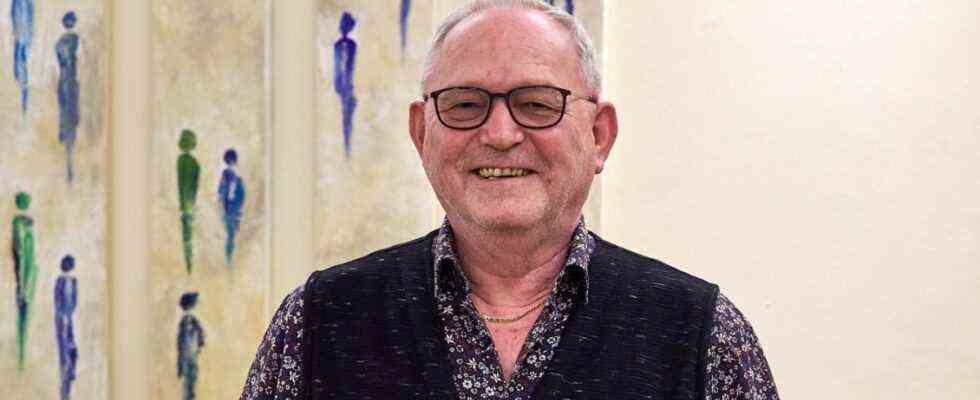Almost three years after the concept of a hospice island was discussed for the first time in the social committee of the Ebersberg district council, the project is now officially sealed with the last step that has not yet been taken: In the most recent meeting of the committee, District Administrator Robert Niedergesäß (CSU) and the responsible Caritas district manager Matthias Hilzensauer the agreement, according to which the district supports the hospice island in the event of a deficit with up to 65,000 euros annually. Previously, the committee members voted unanimously in favor of this investment.
A hospice island is equivalent to a shared flat for seriously ill people who are looked after by nurses with further training in palliative care – in addition, there is the support of volunteers from hospice associations. The offer is aimed at those affected who can no longer receive palliative treatment at home, but who are not entitled to a place in an inpatient hospice or who will not be given a place in the near future due to a lack of capacity. In the hospice island, too, nursing staff are available around the clock for the seriously ill, but the care key lies between that in a hospice and that in a nursing home.
In the Ebersberg district, the CSU / FDP parliamentary group originally called for an inpatient hospice in the previous term of office. Although the other district parliamentary groups also supported this wish, it was and will not be feasible for the foreseeable future: Several hospices are already being built in the region, so the Sophienhospiz Freising-Erding is expected to open in February of next year. “According to the distribution key, we are even oversupplied,” said Jochen Specht, head of the demography team in the district office, in one of the previous meetings. Both the administration and the political side saw it as the best alternative to an inpatient hospice to create a hospice island.
One of these will now open at the beginning of 2022 – six months later than originally planned. It is docked at the Caritas Marienheim in Glonn, whose director Hubert Radan will also be responsible for the operation of the hospice island with six rooms for guests and one room for relatives. “We now have the staff,” he said at the most recent meeting. “Now we just have to see that we can do it with the money.”
In addition to the 65,000 euros from the district, the benefits from the care and health insurances of the residents, they have to pay a contribution of 75 euros per day. If someone turns out to be needy, this amount is covered by social assistance. In any case, the hospice island still has to receive 45,000 euros annually in donations so that the financing is in place. “That is a sporting amount,” as Radan himself judged. He reckons with an average occupancy of 85 percent, “90 percent would of course be even better, because we would then close without a deficit”.
Martin Lechner (CSU) emphasized the importance of further ideas in order to actually receive the missing 45,000 euros annually and thus secure the financing of the hospice island. He proposed the concept of a hospice insurance, in which interested parties pay in an amount X and thus are guaranteed a place on the hospice island should a need arise. Hubert Radan expressed doubts about the ethically justifiable feasibility of the proposal. “But creative ideas are definitely needed here!”

